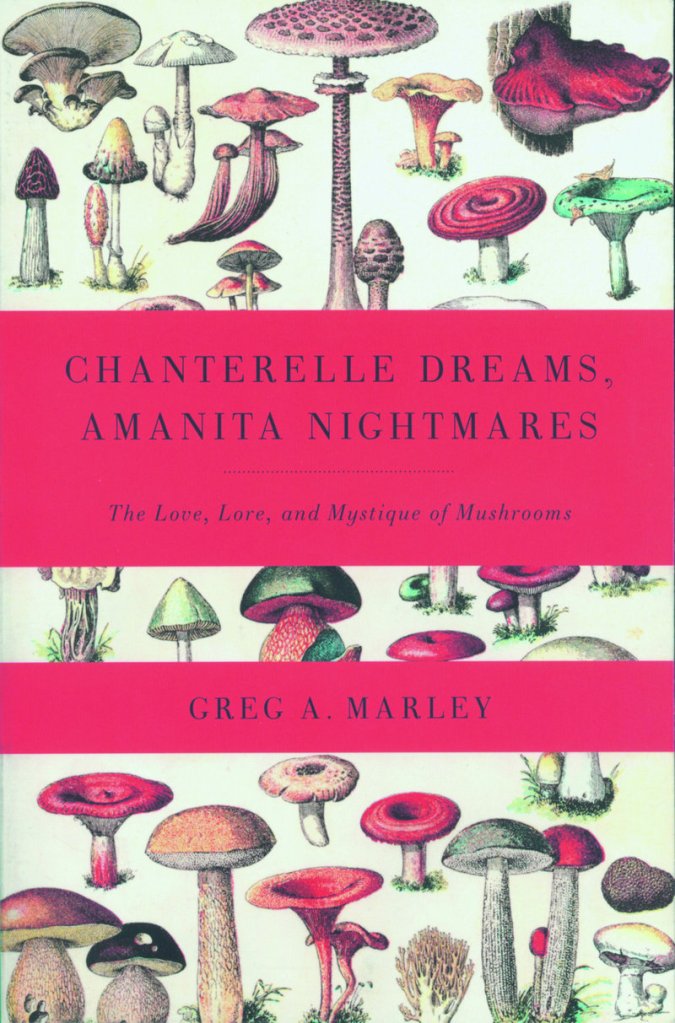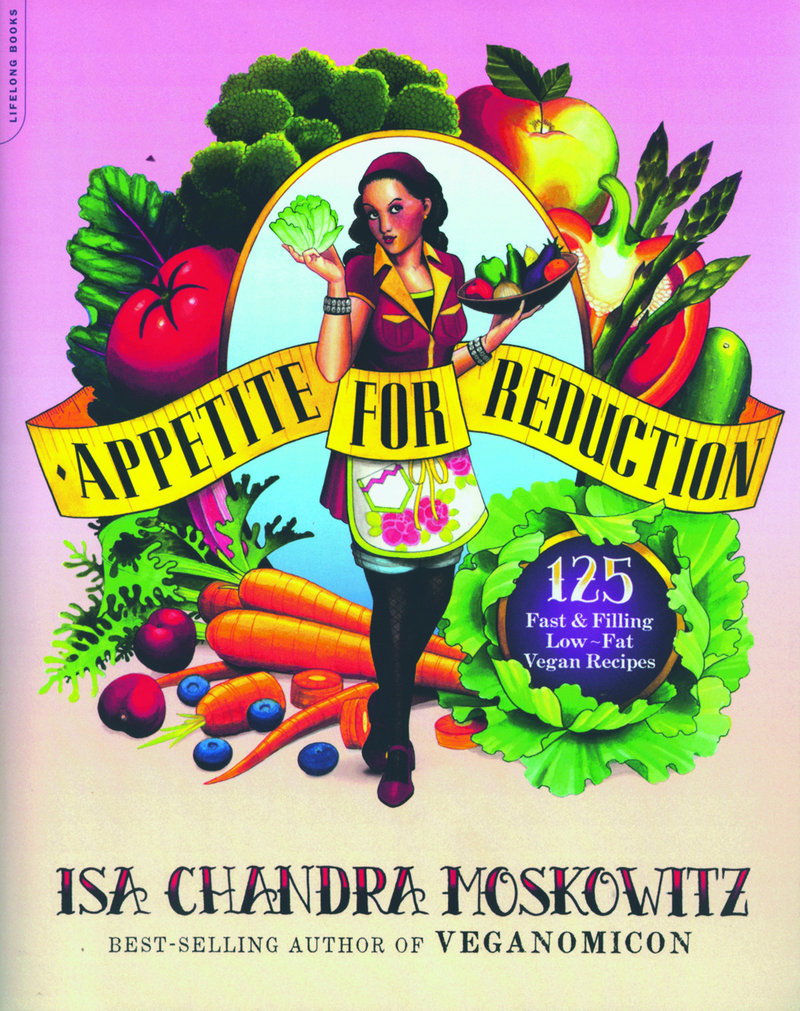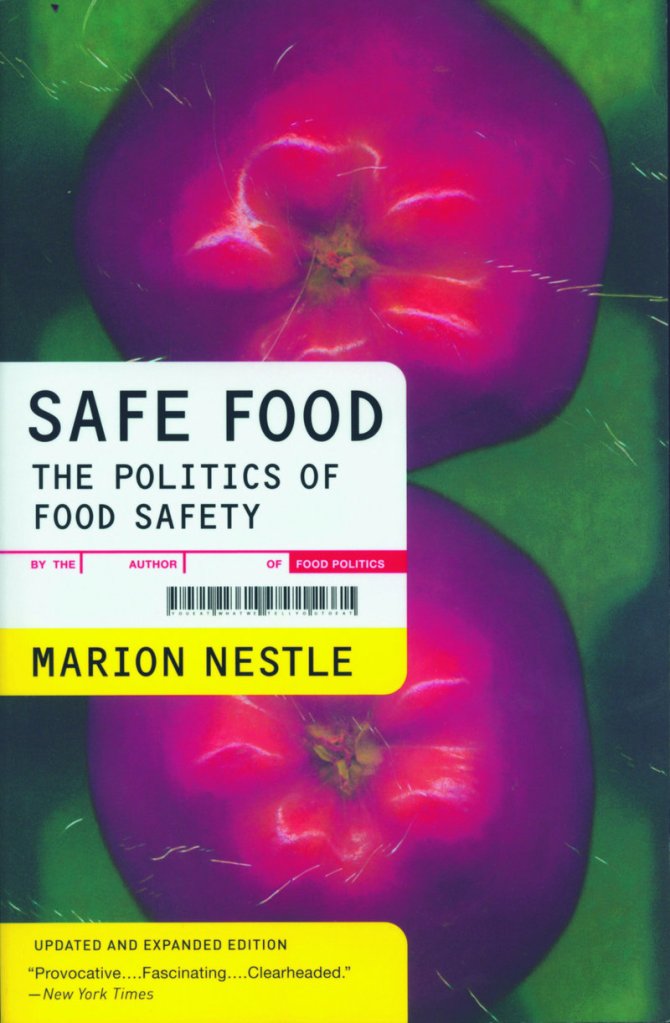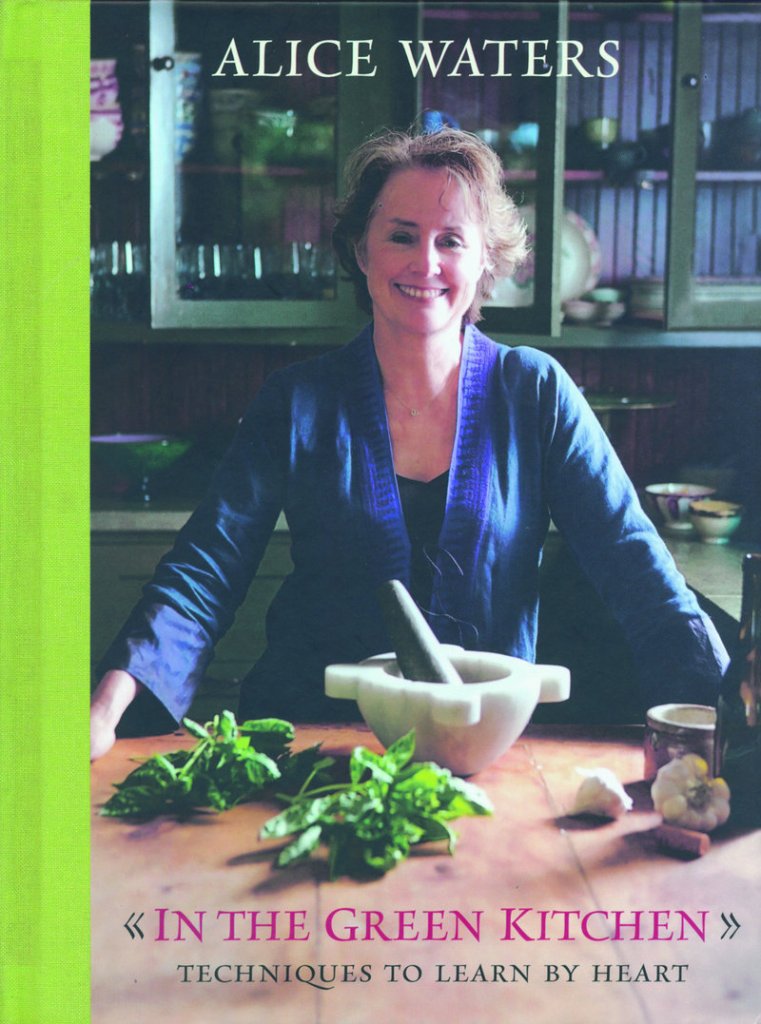When you have a foodie on your shopping list, a cookbook or food-related book makes an ideal gift. But with so many titles to choose from, buying the right book can prove challenging.
To save you from needless second guessing and last-minute bookstore dilemmas, I’ve come up with a list of my favorite food books from 2010.
From the mountain of culinary books I’ve read this year, only four struck me as worthy of a spot in a natural foods library.
I appreciate these works for their use of real whole foods, their well-written prose and their fascinating information.
None of these books rely on processed fake foods (think “fat-free, low-sodium chicken broth” or “nonhydrogenated margarine”), or load you up with white sugar and processed carbohydrates.
Instead, each is sure to inspire you to try new ingredients and techniques and push your kitchen repertoire beyond the confines of the standard American diet.
FOR THE FORAGER
“Chanterelle Dreams, Amanita Nightmares: The Love, Lore, and Mystique of Mushrooms,” by Greg A. Marley, $17.95
A well-known mushroom expert who lives in Rockland, Marley offers a lively and thought-provoking romp through the fungal world.
With Marley as our guide, we explore four common edible wild mushrooms and learn how to identify and cook them.
Because Marley is a cautious forager, he not only provides information on poisonous mushrooms that resemble edibles, he devotes an entire section to deadly toadstools.
Calling on a broad array of cultural and historical references, he also discusses the use of mushrooms as hallucinogens.
The book concludes with a look at the vital role mushrooms play in nature and how to cultivate mushrooms in your garden.
It’s a must-have for mushroom lovers and foraging aficionados.
FOR THE VEGETARIAN
“Appetite for Reduction: 125 Fast & Filling Low-Fat Vegan Recipes,” by Isa Chandra Moskowitz, $19.95
I’m generally not a fan of cookbooks that bill themselves as weight loss guides, since most tend to be filled with low-fat fad products that are more chemical than food. But this book is different.
Moskowitz, who is known for books such as “Veganomicon” and “Vegan Cupcakes Take Over the World,” comes back to health food with a snappy cookbook that embraces whole plant foods without a sugary snack in sight.
Those avoiding gluten or soy will appreciate the numerous gluten-free and soy-free recipes, and everyone is sure to learn something from the preparation and nutrition tips she sprinkles throughout the book.
Best of all, her recipes for goodies such as OMG Oven-Baked Onion Rings, Tamarind BBQ Tempeh & Sweet Potatoes, and Chipotle Lentil Burgers will make even dedicated carnivores appreciate the pleasures of plant-based meals.
FOR THE SLOW FOODIE
“In the Green Kitchen: Techniques to Learn by Heart,” by Alice Waters, $28
Born from a Slow Food Nation event held in San Francisco, this book by the reigning queen of the local-food revolution offers a primer in the 27 essential techniques needed to turn fresh whole foods into delicious meals.
Each easy-to-master technique starts with an introduction to the particular chef who demonstrated it at the Slow Food Nation gathering. These well-known culinary powerhouses include Charlie Trotter, David Chang, Deborah Madison and Thomas Keller.
Following each technique introduction, a number of recipes illustrate the preparation method.
The recipes range from Cherry Tomato & Tofu Salad and Rainbow Chard with Oil & Garlic to One-Pot Roast Chicken and Pork Rib Roast with Rosemary & Sage.
Beautiful color photographs enliven the text and showcase the beauty of simple food.
FOR THE POLITICAL JUNKIE
“Safe Food: The Politics of Food Safety,” by Marion Nestle, $18.95
In this age of agribusiness and factory farms, food recalls have become a regular occurrence. New York University nutrition professor Nestle delves into the world of contaminated food and provides a detailed explanation of why politics continues to trump science and common sense when it comes to regulating the American food supply.
In this update to her 2003 work of the same name, she examines how the country relies on outdated laws, a convoluted regulatory complex and too few inspectors to ensure the safety of our food.
The second half of the book explores the risky and untested world of genetic engineering and how lobbyists and corporate interests have maneuvered to ensure that labeling and safety testing are not required.
You don’t need a Ph.D. to figure out what you’re eating, because this book shows you the hidden ingredients you won’t find on the labels.
Staff Writer Avery Yale Kamila can be contacted at 791-6297 or at:
akamila@pressherald.com
Send questions/comments to the editors.






Success. Please wait for the page to reload. If the page does not reload within 5 seconds, please refresh the page.
Enter your email and password to access comments.
Hi, to comment on stories you must . This profile is in addition to your subscription and website login.
Already have a commenting profile? .
Invalid username/password.
Please check your email to confirm and complete your registration.
Only subscribers are eligible to post comments. Please subscribe or login first for digital access. Here’s why.
Use the form below to reset your password. When you've submitted your account email, we will send an email with a reset code.